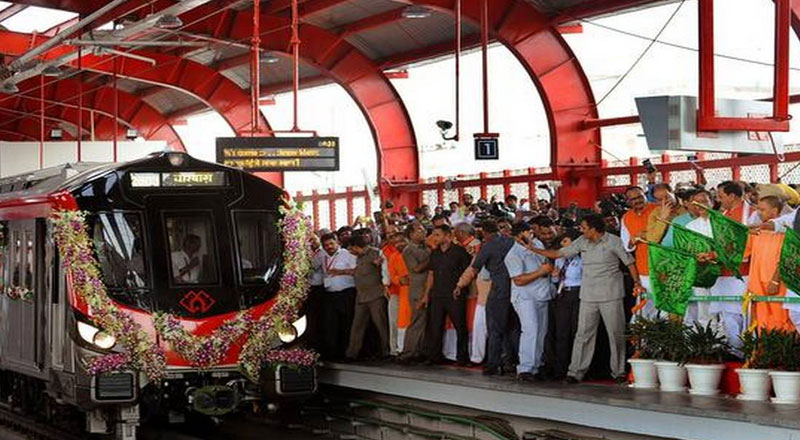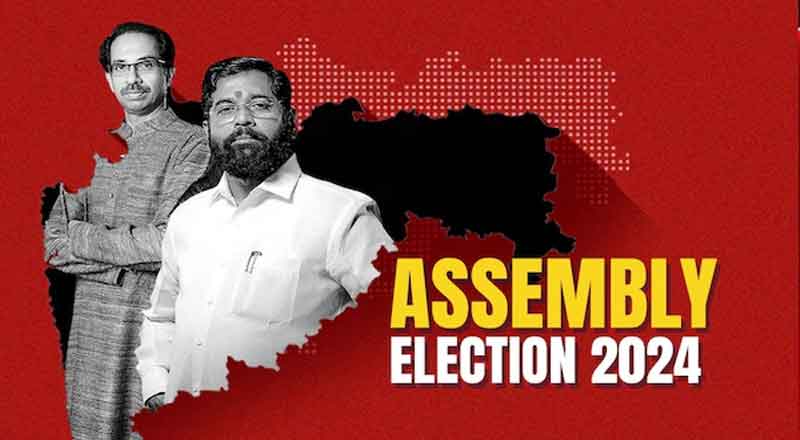The construction work of the Kanpur Metro Rail Project was initiated by the Adityanath government on November 15, 2019. The Kanpur Metro Rail Project has been completed in less than a span of two years.
Uttar Pradesh Chief Minister Yogi Adityanath will embark on a day-long visit to Kanpur today during which he will flag off the trial run of Kanpur Metro and also review the Zika virus situation. The city has reported more than 100 cases of Zika virus.
The construction work of the Kanpur Metro Rail Project was initiated by the Adityanath government on November 15, 2019. The Kanpur Metro Rail Project has been completed in less than a span of two years, despite the pandemic break. The trial run of Kanpur Metro was scheduled later in November but has been preponed. The services of Kanpur Metro are expected to be opened for the public on December 31.
The CM will press the button for the trials of the Metro train which will not only help in establishing seamless connectivity and will ease vehicular congestion across the city but will also give a major boost to the development of the region. During the event of the trial run, he will also inspect the facilities available in the metro coaches as well as the arrangements for the platforms.
Two metro corridors of about 32.5 km long are proposed under the Kanpur Metro project. In the first phase, Metro will run on the nine-kilometre priority corridor. Nine Metro stations have been constructed so far. The second phase of Metro work would be carried out between Moti Jheel and Transport Nagar for which underground stations will be constructed. The trials would be carried out under the strict supervision of the Research Design and Standards Organisation (RDSO).
As per plans, on becoming fully operational, six Metro trains will run on the priority corridor between IIT and Moti Jheel and two trains will remain parked in the depot as reserve. Six more trains will arrive in the city by the time the commercial operations are launched.
The Kanpur Metro will be equipped with regenerative braking technology. Through this, energy will be saved up to 35 per cent. That is, if 1000 units of electricity is spent in train operation, through regenerative braking, the trains will generate about 350 units again. This will be put to use again.
The elevators installed in the stations and depots will also be able to save energy by regenerative braking technology. These will have an energy efficiency of up to 37 per cent. For conservation of energy and electricity, the metro premises have also been equipped with LED lights. Besides, a plan has been formulated to install solar panels at metro depots and stations.
For the first time in India, Kanpur Metro will come with a Third Rail DC Traction System. Special inverter, which will enable the energy generated by the brakes in the train to be used back in the system. As of now, no such arrangement has been implemented in any metro rail project in the country. The train is also special in terms of protecting the environment and for safety management.





